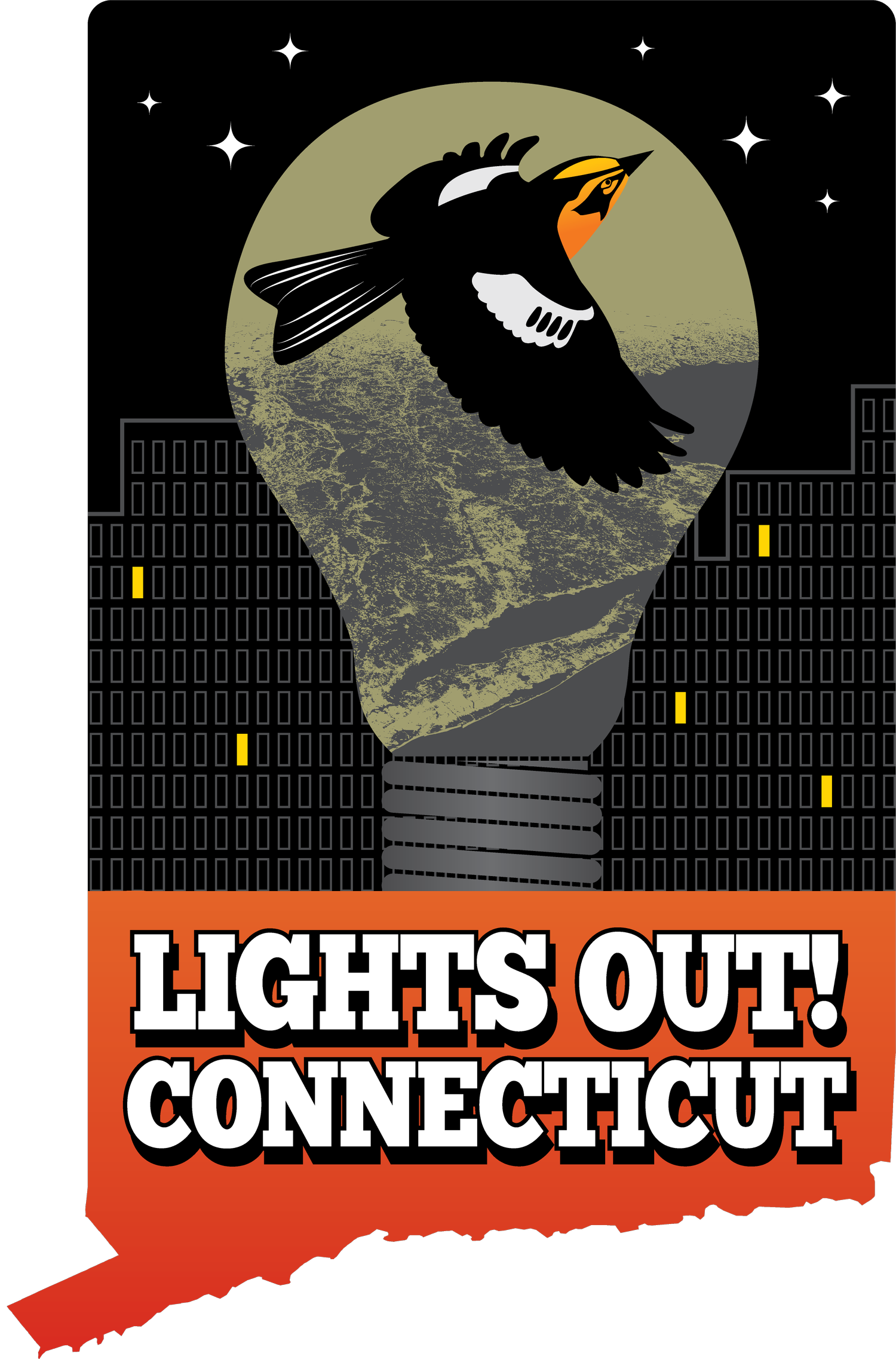Registration Required Below
Light Pollution and Bird Migration
This program is co-sponsored with New Pond Farm
Millions of birds pass through Connecticut every fall and spring on their way to summer nesting grounds and winter habitats. Our state is located along the critical Atlantic Flyway, where shorelines and green spaces offer havens for birds to rest and refuel.
Join us to hear from Craig Repasz, co-chair of Lights Out Connecticut, how light pollution is disrupting this critical migration pattern and endangering birds on the Atlantic Flyway. Artificial light emitted by homes, buildings, street lights and bridges can disorient birds, causing them to crash into windows, or circle for hours until they drop from exhaustion. The result is catastrophic: nearly 1 billion bird deaths in North America each year.
This is a hybrid program that will take place both live at the Library, and virtually over Zoom. For a full experience we recommend attending this program live at the Library.
Scroll to the bottom of the screen to register for the VIRTUAL option and you will receive an email with a Zoom link on the day of the program. Include a cell for a text reminder.
Would you prefer instead to attend the program in person at the Library? Click here to register for the in-person event at the Library.
About our speaker:
Craig Repasz is co-founder and co-chair of Lights Out Connecticut, which advocates for legislation to protect birds from light pollution and conducts educational outreach across the state.
Craig is also president of the Friends of Stewart B. McKinney National Wildlife Refuge, an organization devoted to supporting critical habitats. He was president of the New Haven Bird Club and the conservation chair of the Connecticut Ornithological Association. He has been the volunteer coordinator for the Connecticut Bird Atlas for six years. He enjoys backpacking and conducts Mountain Birdwatch surveys for the Vermont Center of Ecostudies, focusing on the Bicknell’s Thrush and other high elevation species.
